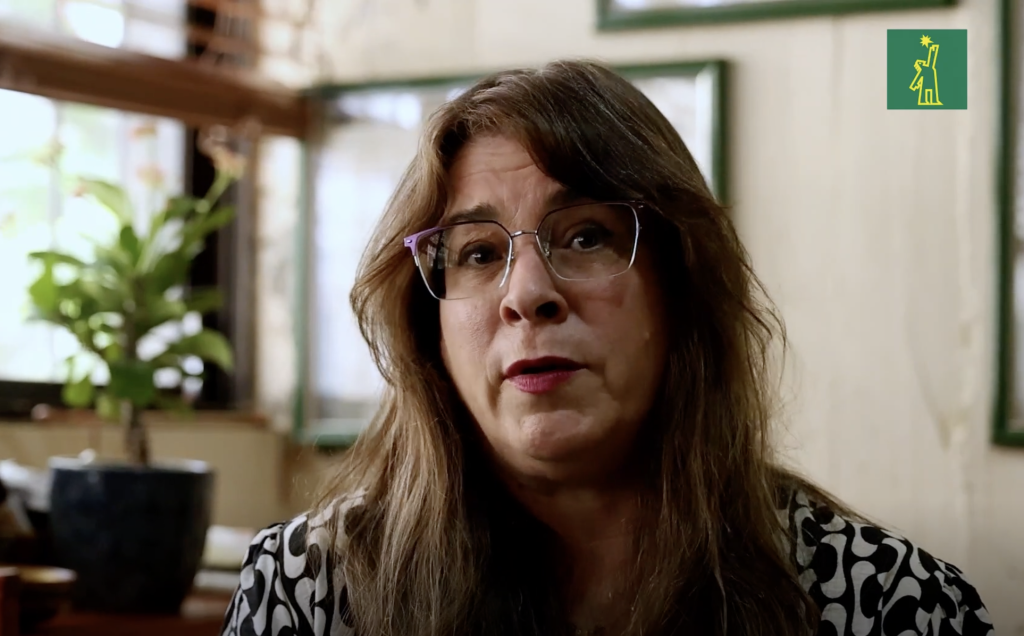
Economist Ellen Perez of Inteligencia Economica joins those who would like to see a simplifying of the tax code in the Dominican Republic as part of the announced fiscal reform promoted by the Abinader administration. The government was reelected for another term starting August 2024 and has more than enough legislators to pass any legislation.
In an interview in Diario Libre, Perez says the government first should review its own current spending. She mentioned the success of the English immersion programs because of rigorous supervision in contrast to the billions (4% of GDP) delivered to the Ministry of Education that has little to show in advances in learning levels of the elementary and high school students. She makes the point that after the country “invested” RD$2 billion over the past 10 years there is only a dysfunctional school population that placed next to last in international standardized tests.
Perez does not think raising taxes will mean more government revenues to pay for more spending. She says more taxes will mean people will get even more creative in evading taxes.
“It is crucial to reorganize spending, before looking for new taxes,” she stresses, in the interview with Diario Libre.
In an interview with Listin Diario on the same subject, she pointed out that for those who say that taxation levels are low ignore the reality that government services are also very low for those who pay taxes. She criticizes that capital spending is declining, while interest payments on loans are rising fast. The foreign debt has gone from being 1.5 times more than exports in 2010 to three times exports in 2023. Today the government is taking on debt to finance its high current spending.
To pretend to collect 5% more of GDP to cover government deficits due to current spending, without drafting a national development strategy, without reassessing government spending and pretending to include more budgeted allocations pegged to the GDP, including contributions to political parties, is an offense to small and medium-sized companies and the middle class that earns wages on average of RD$34,292 with deductions to pay for all the public policies, says Perez.
She mentions that despite RD$607.8 billion in electricity subsidies, the country continues to report 42% in losses in electricity transmission, and is the second of 15 countries with the lowest rate of people paying for the service. She emphasizes the government should think of more efficient management before raising taxes.
Perez told Listin Diario that the government instead of increasing taxes on production, a situation that would be inflationary and would discourage formality in businesses, should continue with measures that create conditions for more jobs in the private sector. She urges the government to improve the quality of public services offered.
She called for an end to financial tactics. “We need real economic strategy and comprehensive reform of government services that gives priority to global competitiveness not the fiscal burden,” she stressed in her interview with Listin Diario.
Read more in Spanish
Diario Libre
Listin Diario
27 June 2024

